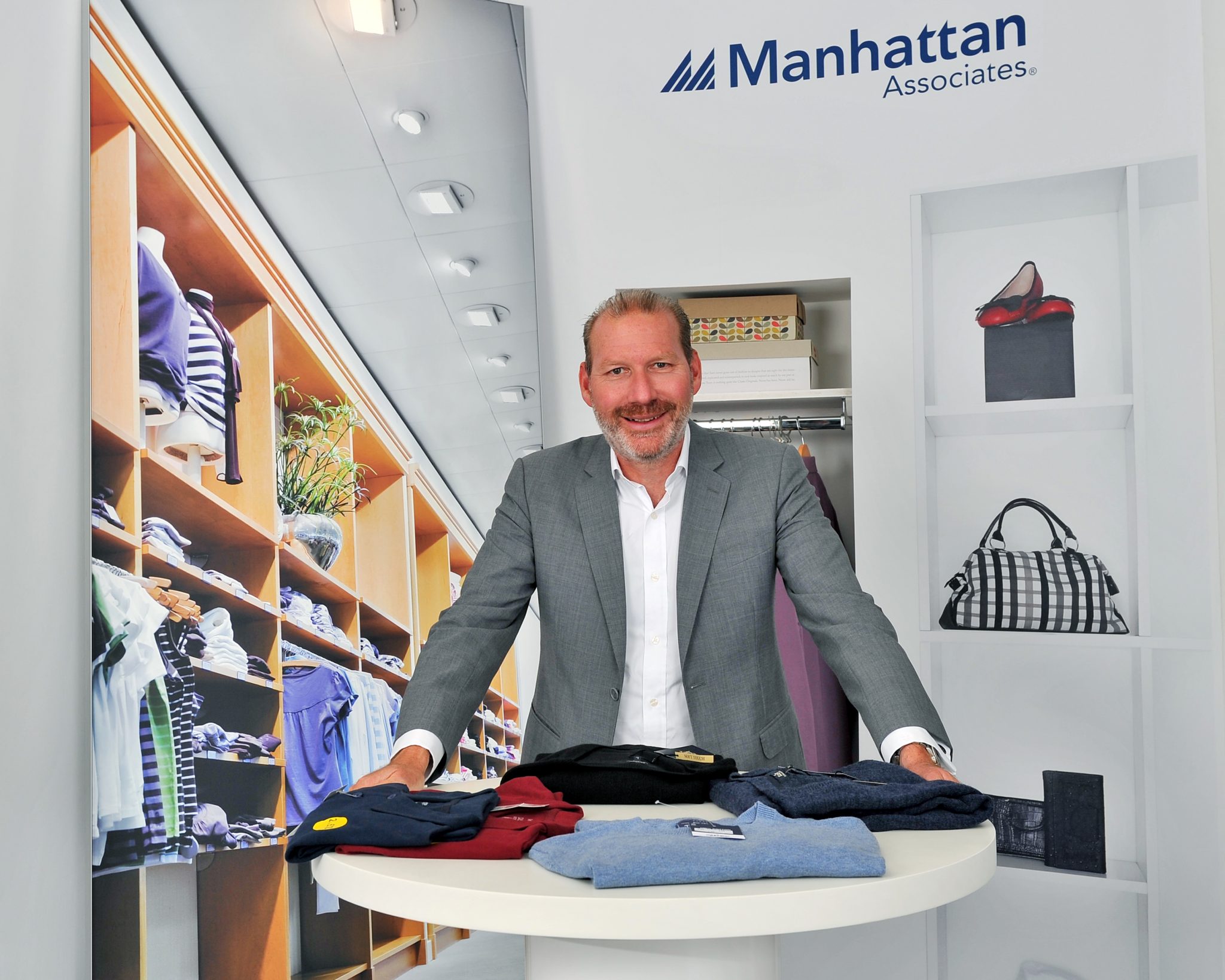Movies such as Terminator, Matrix or I, Robot shaped our idea of artificial intelligence. But what possibilities does artificial intelligence really offer? And what is artificial intelligence anyway? Who does the thinking and what does this have to do with transport planning? Machine learning specialist Soloplan offers a view.
The average human brain has about 100 billion neurons that are interconnected. Electrical impulses help transmit information between those neurons. This enables humans to learn, to draw conclusions and to think abstractly. As for artificial intelligence, artificial neurons trained by algorithms are used. However, the goal is not to reproduce human intelligence. Instead, machine learning should enable systems to learn pattern recognition based on a large amount of data.
The idea behind machine learning is that, based on training data, systems automatically learn specific models, such as sets of rules. Thanks to machine learning, companies no longer have to create models manually, which means that they do not have to spend time on defining rules, checks and interpretations anymore. The quality of the training data is crucial for machine learning to deliver the expected results. To set yourself apart from the competition on the market, you should always keep up with latest technical standards and take advantage of the important opportunities artificial intelligence offers.
The machine learning process in CarLo is as follows: Transport planning data, such as shipment modes, dates, start and end points, loading items, loading weights and dangerous goods, is fed into the system and processed by an algorithm.
The algorithm enables CarLo to “learn” the dispatcher’s behaviour and to create a model based on which future tours are planned automatically in accordance with the rules learned. In other words, there is no longer a fixed standard procedure in CarLo. Instead, the process is adapted to every company’sindividual requirements. Soloplan had to overcome unique challenges for which no standard solutions existed. How can a machine learning model be tailored to each customer’s individual needs? The large number of functions available in the CarLo TMS makes the customers’ data records, which are required for learning, very heterogeneous. That is a key challenge: An approach that works well for one customer may not be just as good for another customer. That problem is usually addressed by machine learning engineers, who can adjust the model manually by considering various statistics.
Two tasks are particularly challenging when it comes to the development of a machine learning model. The first is the so-called feature selection, which is the process of selecting a subset of a data record’s relevant features (e.g. selecting the destination, weight, transport type, etc. from the numerous features of past transport orders). The second is overfitting/underfitting, which often poses a problem for machine learning engineers. From a mathematical point of view, the model must be complex enough to learn human behaviour. However, it should not just memorise that behaviour. The aspired solution is referred to as “generalisation model” by machine learning engineers.
However, since Soloplan supports more than 1,000 customers worldwide, it is impossible to provide each customer with a customised machine learning model. Therefore, the machine learning algorithm must be able to perform all of the above-mentioned manual tasks automatically without human intervention. That is why Soloplan is developing a self-optimising pipeline, which can train a machine learning model autonomously. The latest version of the CarLo transport management system comes with this newly developed programme, which will revolutionise transport planning! The advantages of using machine learning for transport planning are obvious: It will save dispatchers a lot of time, help avoid mistakes and increase efficiency considerably. Another important advantage is that knowledge is no longer lost when there are personnel changes. Since CarLo has learned the required behaviour based on training data, a new dispatcher, for example, will be able to plan tours in the same way as a long-term employee. All data remains with the customer at all times. No data needs to be transferred to Soloplan. Furthermore, the pipeline will adapt to changing business requirements as the model is further trained with new transport orders.
Machine learning simplifies our daily work in many ways. It provides the information we require to complete our tasks – faster and more comfortably than ever before. The result? These technologies support people instead of replacing them.
Visit Soloplan at the transport logistic trade fair in Munich to find out more about machine learning and artificial intelligence and to learn about the advantages for your company. Experience how innovative technologies optimise the CarLo TMS. Attend one of three daily presentations on machine learning and artificial intelligence in transport planning held at stand 505/606 in hall A3 at 10:00, 13:00 and 15:00.






